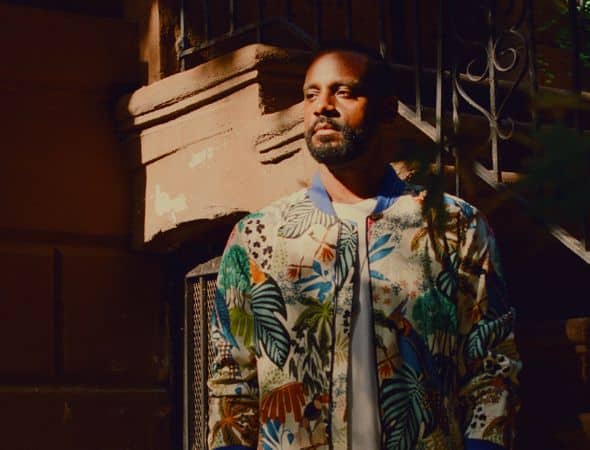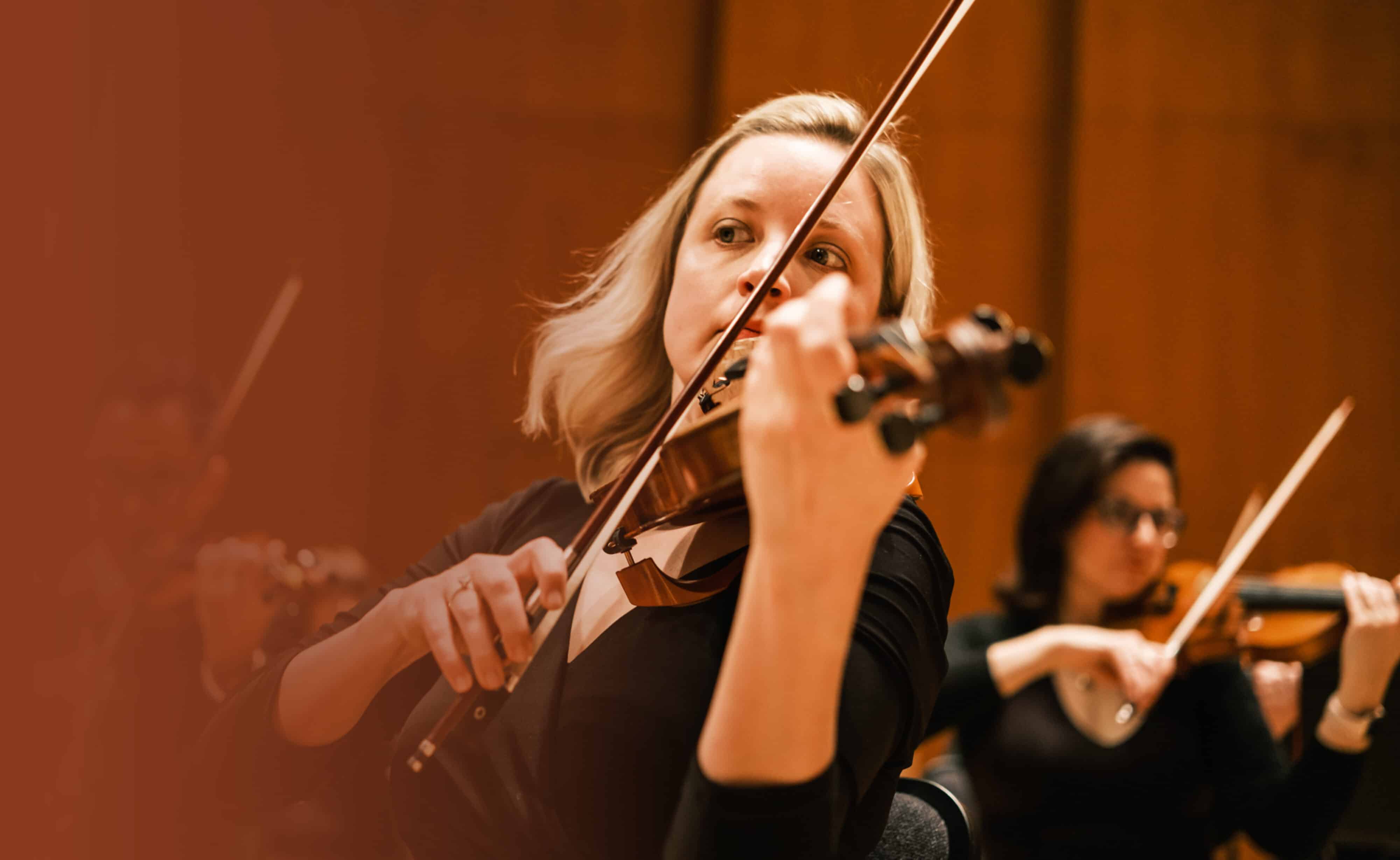CARLOS SIMON: Fate Now Conquers
by Jeff Counts
THE COMPOSER – CARLOS SIMON (b. 1986) – American composer Carlos Simon grew up in Atlanta with, according to his bio, “a long line of preachers and connections to gospel music to inspire him”. In fact, Simon told the Washington Post in 2022 that his entire composing career is essentially an answer to his father’s near-constant suggestion that he take to the pulpit. “Music is my pulpit,” he tells his dad, “That’s where I preach.” As a result, his highly varied collection of works draws not only on gospel traditions (which he has participated in since he was ten years old), but also jazz and contemporary classical techniques. When Simon isn’t composing, he can often be found at the keyboard backing up award-winning popular singers Jennifer Holliday and Angie Stone.

photo credit: Kendall Bessent
THE HISTORY – In Book 22 of Homer’s Iliad, the Trojan hero Hector, confronted with the loss of his men to his own folly, is compelled to face down his enemy Achilles in single combat. It is a battle he cannot win for two reasons. Achilles knows the weak points of the armor he wears and, more importantly, the Gods have chosen to forsake him. Though Hector begs to be buried among his people, Achilles choses instead to desecrate his body before the eyes of all Troy. It is a gruesome scene, a moment of dignity repaid with defilement. Moments like this have thrilled devoted scholars and casual readers of The Iliad for millennia – including, it would seem, Ludwig van Beethoven. In Carlos Simon’s program note for his 2020 work Fate Now Conquers, he wrote: “This piece was inspired by a journal entry from Beethoven’s notebook written in 1815: ‘Iliad. The Twenty-Second Book. Fate now conquers; I am hers; and yet not she shall share in my renown; that life is left to every noble spirit and that some great deed shall beget that all lives inherit.’ Using the beautifully fluid harmonic structure of the 2nd movement of Beethoven’s 7th Symphony, I have composed musical gestures that are representative of the unpredictable ways of fate. Jolting stabs, coupled with an agitated groove with every persona. Frenzied arpeggios in the strings that morph into an ambiguous cloud of free-flowing running passages depicts the uncertainty of life that hovers over us. We know that Beethoven strived to overcome many obstacles in his life and documented his aspirations to prevail, despite his ailments. Whatever the specific reason for including this particularly profound passage from The Iliad, it seems that Beethoven relinquished to fate. Fate now conquers.” Perhaps Beethoven saw in Hector a similar understanding of destiny, and something to admire in the fragile courage he maintained in the face of it.
THE WORLD – Everywhere in 2020, we went inside and stayed there, but also, devastating brushfires swept across 46 million acres in Australia, the Korean-language film Parasite won an historic Oscar and SpaceX became the first private enterprise to deliver astronauts to the ISS.
THE CONNECTION – These concerts represent the Utah Symphony premiere of Carlos Simon’s Fate Now Conquers.












